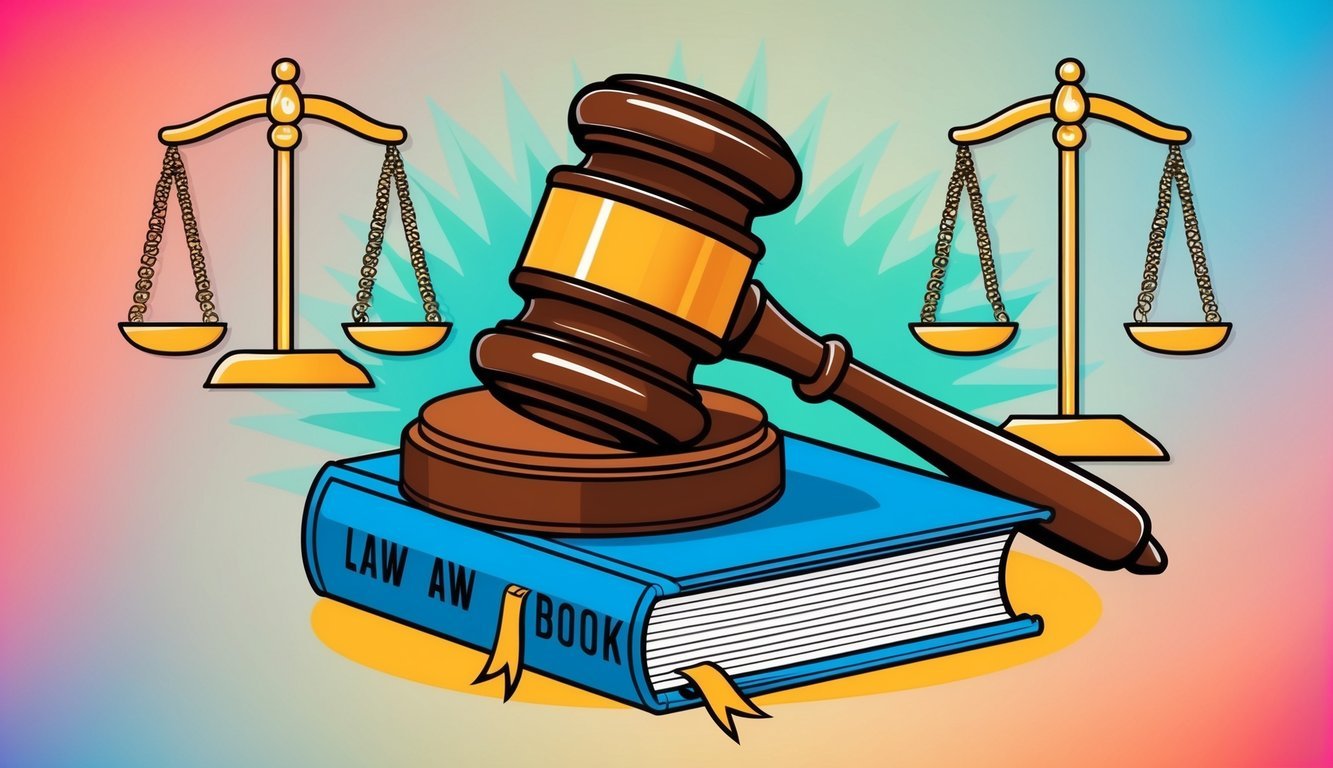
Types of Criminal Charges
When you are faced with a criminal charge, the experience can feel daunting and confusing. Whether you are dealing with a minor infraction or a serious accusation, understanding your legal options is critical. This guide delves into the different types of criminal charges, outlines the choices available to you, and highlights how an experienced legal team can assist you during this challenging time.
To effectively build your defense, it’s vital to comprehend the nature of the charges against you. Criminal offenses are typically divided into two broad categories, each with its own set of consequences:
- Misdemeanors: Considered less severe than felonies, misdemeanors usually result in lighter penalties, such as fines, probation, or jail time of less than a year. Common misdemeanor charges include:
- Theft (like shoplifting)
- Drug possession
- Vandalism
- Indecent exposure
- Trespassing
- Felonies: On the other hand, felonies are more serious, often leading to lengthy prison sentences, substantial fines, and serious long-term effects on your life and career. Examples of felonies include:
- Arson
- Murder
- Involuntary manslaughter
- Burglary
- Rape
- Drug trafficking
Legal Options When Charged
If you’ve been charged with a crime, various legal options may be available based on your situation. These can include:
- Plea Bargains: This involves negotiating with the prosecution to secure lesser charges or penalties, typically requiring some admission of guilt on your part.
- Jury Trials: If you possess strong evidence supporting your innocence, you might opt to present your case before a jury, allowing them to determine your fate.
- Pre-Trial Diversion: For those eligible—often first-time offenders—diversion programs can provide a way to avoid formal legal proceedings, usually involving community service or counseling instead of a conviction.
The Importance of Legal Representation
Partnering with a skilled team of criminal defense attorneys can greatly improve your chances of achieving a favorable outcome. Their essential functions include:
- Analyzing Your Case: They will thoroughly review the evidence, police reports, and witness accounts to determine the strengths and weaknesses of your situation.
- Providing Legal Guidance: Your attorneys will offer valuable insights into your options and suggest strategies tailored to local laws and practices.
- Representing You in Court: They will champion your rights and effectively challenge the prosecution’s claims on your behalf.
If you find yourself facing criminal charges, it’s crucial to stay calm and make informed decisions. The first step is to contact an attorney immediately. It’s also wise to avoid making any statements to law enforcement unless your lawyer is present; anything you say could potentially be used against you. Gather any relevant documents, like alibis or contact details for witnesses, to strengthen your case.
Confronting a criminal charge can be a complex and stressful ordeal. However, knowing your rights and understanding the options at your disposal are essential steps toward achieving a positive outcome. With the support of a proficient legal team, you can navigate the intricacies of your case and strive for the best possible resolution.
Source: Legalreader

